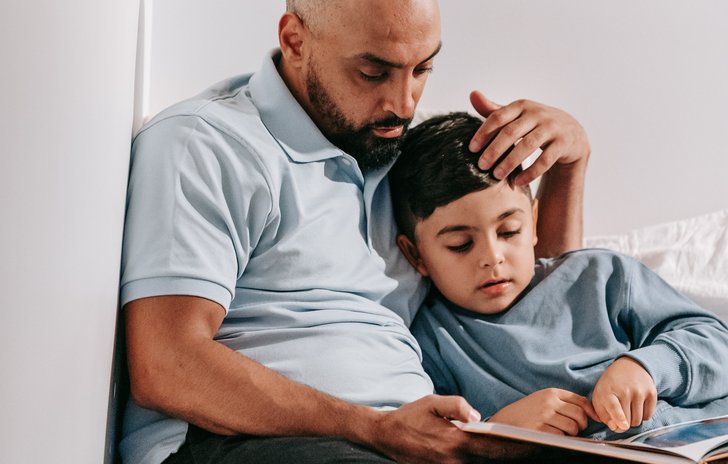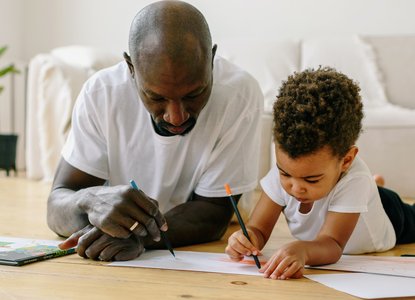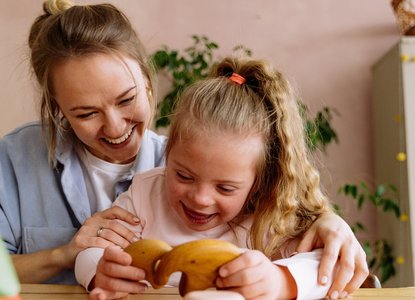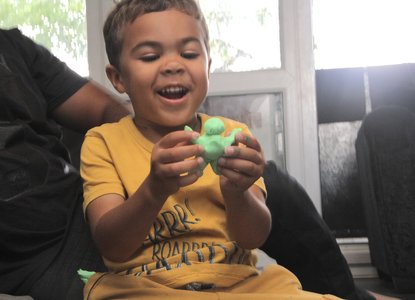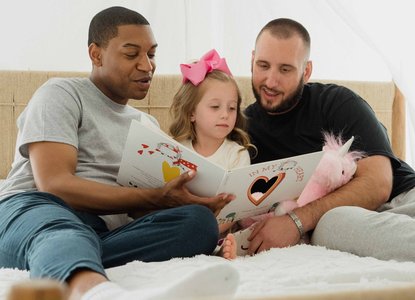Your little one will be able to do lots by age 5, like telling stories or choosing things they like. Here are some milestones to look out for.
Listening
Your child can listen to you, even if they’re busy with something else. They can understand instructions and longer sentences. They also know how to answer ‘how’ or ‘why’ questions.
You can practice this with their favourite story. For example: ‘How did the family escape the bear at the end of the story?’.
Speaking
Your five-year-old will be able to sort words into groups, like colours or animals. They’ll also be good at describing things, and even have a sense of time.
Try this out with word games, like ‘How many foods can you name in 20 seconds?’.
Learning tricky sounds
When your child speaks, it is easy to understand most of the time. But some words are harder for children to say, like ‘wabbit’ instead of ‘rabbit’. The ‘th’ sound in words like ‘thumb’ or ‘thunder’ can take longer to learn too.
They might stumble on longer words.
Encourage them to keep practicing. Rhyming games and songs can help.
Telling stories
Telling a story is how your child will learn to express themselves and the things that happen to them. At the age of five, he or she will be learning to tell stories that make a bit more sense!
They can list what happened with some detail. They can also re-tell their favourite stories in their own words.
Ask them to tell you about their day. See if they can answer questions about what happened.
Chatting with others
At this age, your child can start speaking to groups of other children. They know how to take part in role play games too. All this helps them get better at thinking and learning.
Your little one will be able to give their opinion and talk about their ideas and feelings. They will be able to tell you what they like or what they want to do.
If you ask them a question, they should be able to include the important part of the answer when they reply.
Any concerns?
All children learn different things at different times. No two are the same. If your child is doing some of these things, but not all of them, this is normal.
If you are worried about your child's development, speak to your Health Visitor, family hub or childcare provider. They should be able to give you some simple ideas of how to support your child's development at home. Or they may suggest a visit to your GP.
Here are some other places where you may be able to find useful tips and advice:
